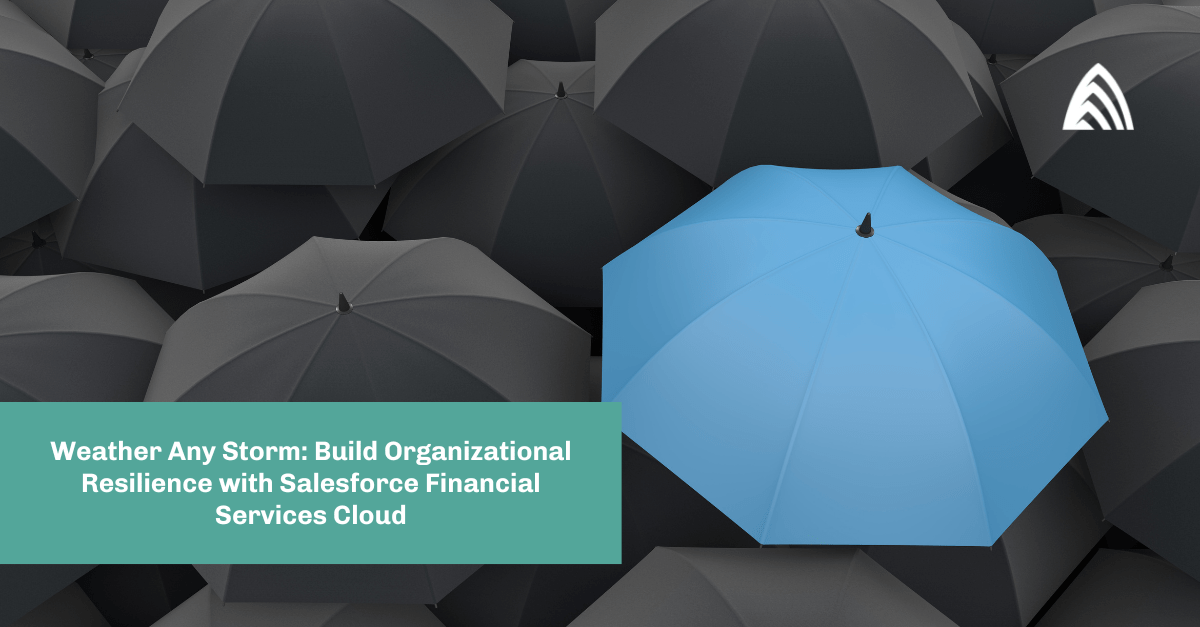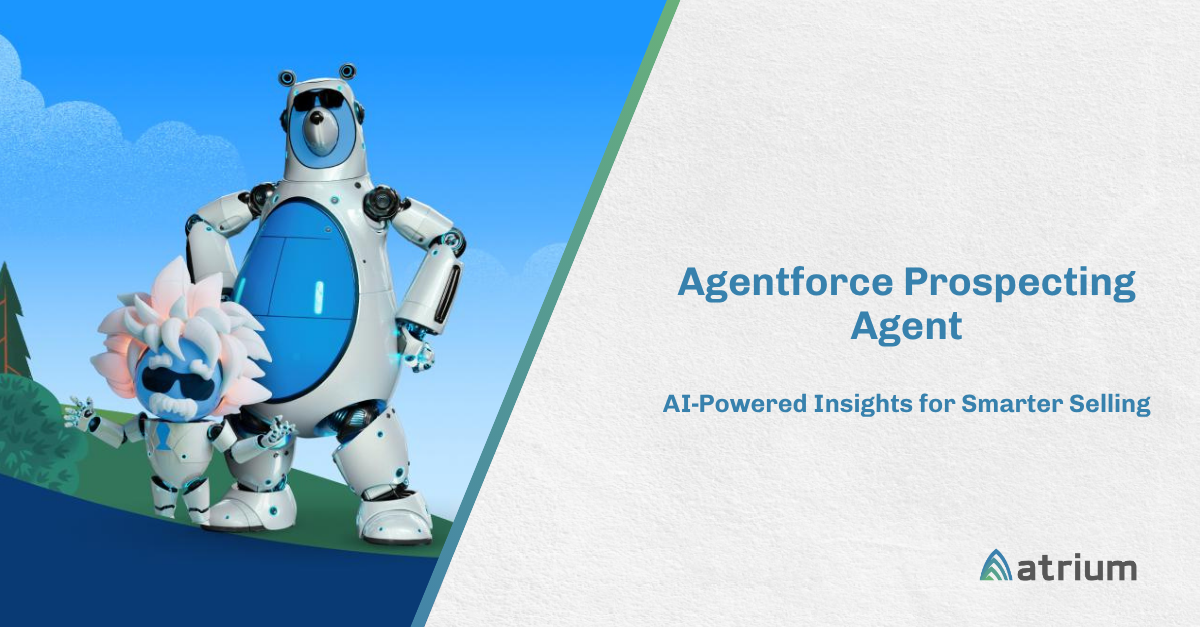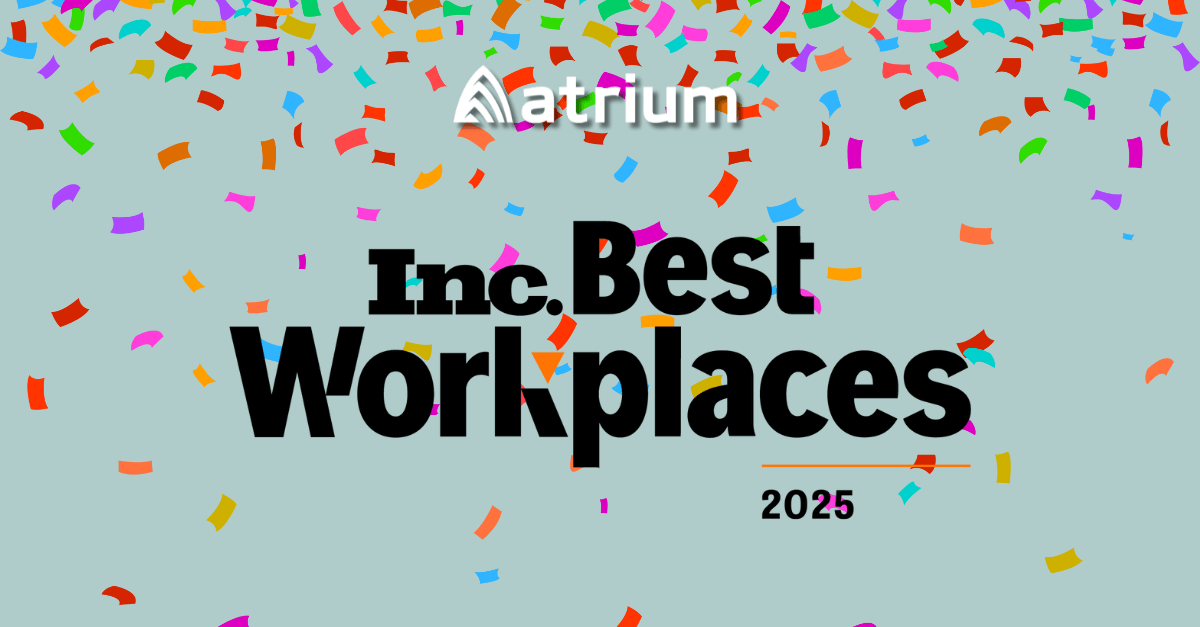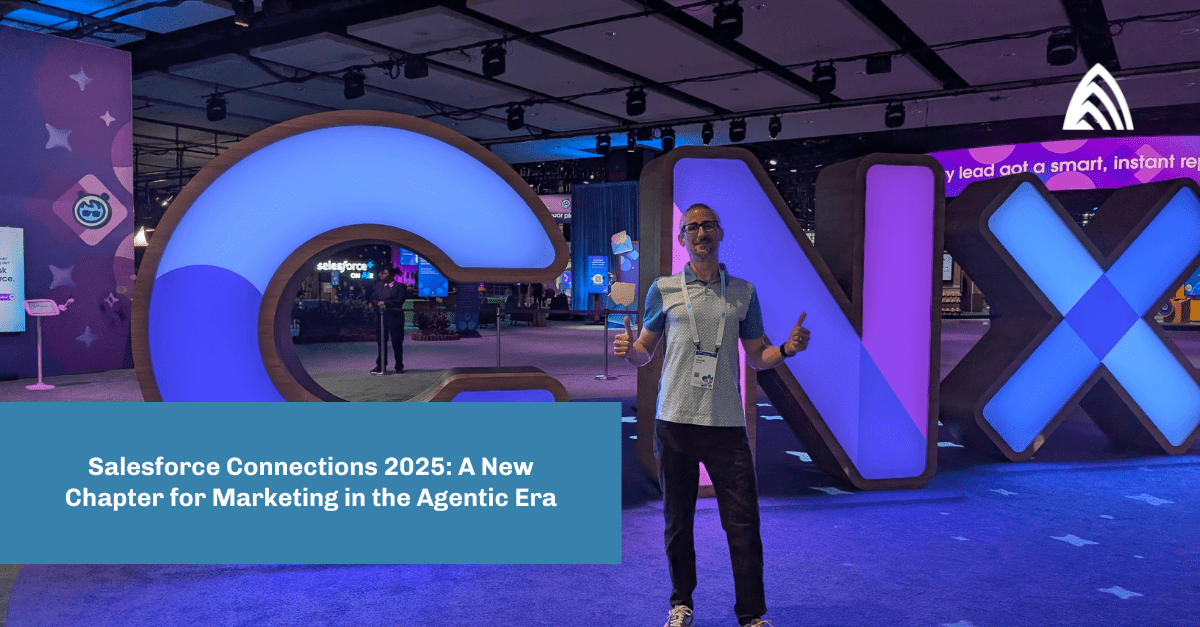Getting started with an effective customer retention strategy isn’t as easy as one would hope. As we tackle the concepts that make for an effective customer retention strategy, we revisit our data-driven approach and Atrium’s method of determining your readiness to adopt intelligent solutions in aiding customer retention.
Atrium uses a readiness assessment that can be leveraged by sales and strategy teams within your organization to assess the maturity of your company’s retention strategy. In order to effectively evaluate your organization’s current maturity level, we evaluate against six key principles:
- Customer Attrition Data
- Strategic Initiative
- Data Governance
- Existing Application
- Functional
- New Frontier
Atrium’s readiness approach takes a deep dive into your organization’s current state by analyzing personas, KPIs, analytics tools, data architecture, and current state architecture. We provide a thoroughly thought-out roadmap on how we can guide you through the crawl, walk, and run stage of the product life cycle.
In this article, we will be focusing on how we create an optimized functional framework to guide your organization on how to prepare for long-term adoption by taking a look at your functional processes and structure. How are you developing the functional processes of your business that supports adoption of intelligent solutions and allows for growth and maturity?
3 Key Metrics Associated with Your Functional Transformation
Atrium’s approach to helping your organization create a functional transformation for customer retention focuses on three key metrics: Process Definition, Process Management and Architecture, and Process Change and Definition.
Process Definition
With Process Definition, Atrium wants to help guide your organization to understand what processes you have in place. Are there clear processes defined for each department or team? Not only are we ensuring that there are processes in place, we are ensuring that all users are knowledgeable of those processes or process changes. Can your business currently identify the processes that make your teams tick?
Process Management | Architecture
For Process Management and Architecture, we take a deeper dive into how the overall business architecture is aligned. Does your business architecture support the needs of your users, customers, and projects? Atrium’s approach ensures that there is a clear infrastructure in place to support long-term growth and maturity during the product life cycle.
Process Change | Definition
Finally, for Process Change and Definition, Atrium guides your organization on how to translate business insight into action across the enterprise to maximize time and value. Process remediation can add both technical and change management efforts to the overall project and program.
Case Study: Predictive Insights from Parts Failure Analysis Lead to Preventative Maintenance and Cost Savings
Moog’s aftermarket team works with both manufacturers and airlines. The 787 is the newest platform, with digital wings communicating with the aircraft’s main flight controller. Moog was experiencing an increasing number of actuator parts failure, consisting of over 50 parts and assemblies. This is critical, as every hour on the ground costs airlines thousands of dollars. Atrium executed a part failure analysis pilot using multiple data sources, including flight usage and repair order details to identify the components with the highest likelihood to fail. From there, the discovery was expanded to capture critical components by incorporating in-flight messaging data, identifying the number of cycles (takeoffs/landings) which had the highest correlation for failure rates. To facilitate proactive collaboration with airlines on maintenance data visibility, Atrium implemented Heroku with Mulesoft, and later Einstein and Communities. The insights gained from the intelligent systems pilot implemented by Atrium led to process improvements for proactive parts replacement, driving significant ROI for Moog. The pilot achieved this by looking at key data features that impact the reliability of parts maintained by Moog on the 787. The pilot represents an opportunity for Moog to improve their ability to manage Service Level Agreements as well as better monetize service contracts with their customers.
We Can Do More to Help You Define Your Functional Processes
Atrium’s approach to functional transformation for customer retention strategies provides your organization with the means to prepare for long-term adoption and maturity. By using our readiness assessment, we can help your organization prepare for ongoing process definition, process management and architecture, and process changes as your organization implements new technologies.
Learn more about Atrium’s services and see how we can support your customer retention strategy.








